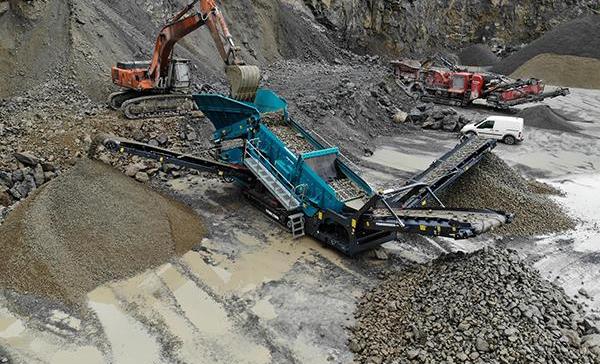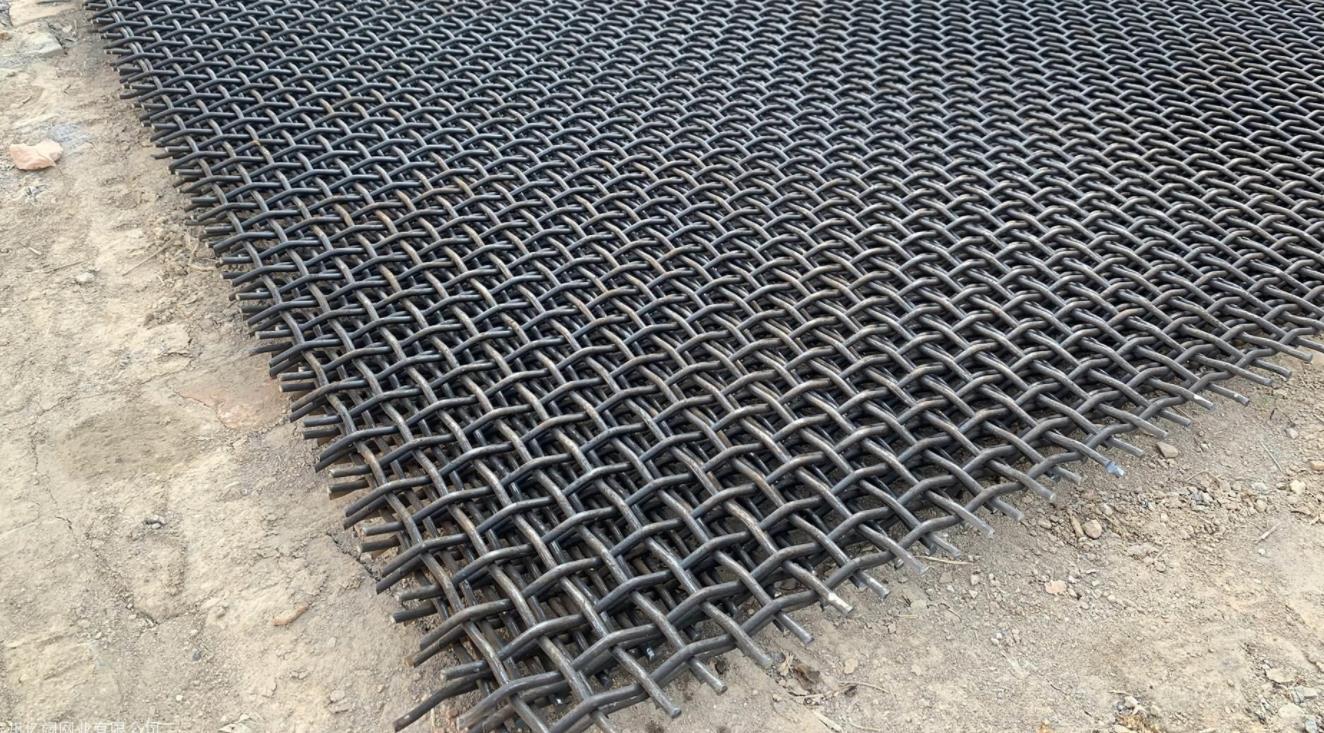How to choose the appropriate screening wire mesh according to the stone material
Selecting the right quarry screen mesh for screening depends heavily on the type of stone material being processe
Selecting the right quarry screen mesh for screening depends heavily on the type of stone material being processed. Each type of stone has unique characteristics, such as size, hardness, and abrasiveness, which require careful consideration when choosing the mesh.

For softer materials like limestone, a thinner wire mesh with a smaller opening may be ideal. This ensures the precise separation of fine materials while maintaining screening efficiency. The material should also be durable enough to handle the abrasive nature of some stones but not so heavy that it reduces throughput.

For harder, more abrasive stones like granite or basalt, a thicker, high-tensile steel mesh is recommended. This type of mesh offers better resistance to wear and tear, prolonging the lifespan of the screen. A larger mesh size may also be beneficial for larger stones, as it prevents clogging and allows for faster processing of coarse materials.
When dealing with stones that produce a lot of fine dust, a self-cleaning or anti-clogging mesh is essential. These meshes are designed to prevent blinding, where fine particles get stuck and obstruct screening, ensuring continuous and efficient operations.
Additionally, consider the moisture content of the stone. Wet or sticky materials require specialized meshes, like polyurethane screens, to prevent clogging and maintain optimal performance.
By matching the quarry screen mesh to the specific characteristics of the stone material, you can maximize efficiency, reduce downtime, and extend the life of the screening equipment.



